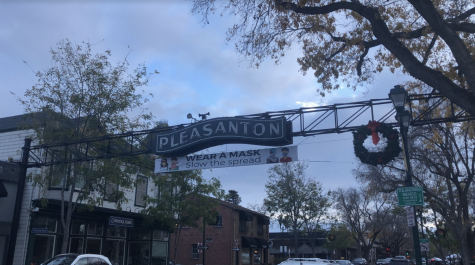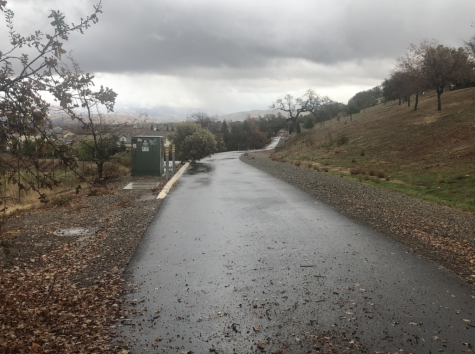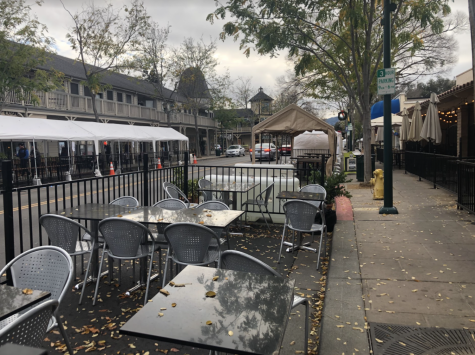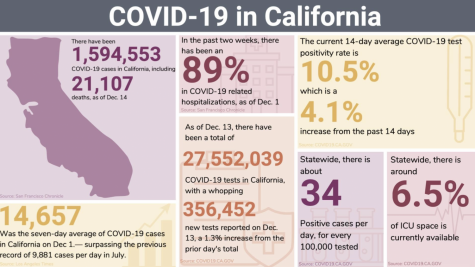Resistance to the second COVID-19 lockdown
December 16, 2020

On Sunday, December 6, Bay Area counties enacted new shelter-in-place orders to limit the spread of COVID-19.
The United States has witnessed a deadly second wave of infection: the New York Times reported 16.4 million cases as of December 14. Over 1.5 million of those are in California.
Governor Gavin Newsom, who has consistently expressed his concerns about the pandemic, announced several restrictions on businesses and activities. However — even with curfews and new regulations — infection rates soared.
“Honestly, during the first lockdown I still saw some people not taking it as seriously and there was a lot of backlash for it. I think a lot of us were disappointed when the second lockdown came into place because we were just so tired of being quarantined all the time.” said Shrutisri Sonekar (‘21)
Given California’s record-breaking cases, a second lockdown may not seem like a radical idea. However, some citizens are very bothered by recent orders, and they don’t appear to be abiding by them.

“I’ve been at home for so long, I kind of just want to see my friends. And I’ve been hanging out with these people for a while, so I don’t think seeing them should be such a big deal,” said Anonymous (‘21).
There was certain retaliation to the March shelter-in-place order, but it was definitely not as normalized. Streets were empty, people were distanced, and businesses were closed. However, this time around, the public doesn’t seem to be as worried. Streets are busy, people are socializing (in-person), and many businesses are active.
“At a certain point, you’re like, what’s the likelihood that I’m going to get it? Pretty low,” said Anonymous (‘21).
The pandemic isn’t getting better. It’s just being normalized.
“I think people are tired of [the coronavirus]. People are sick of the whole thing and are being more loose, which has led to more infection. I don’t think people will take [this lockdown] as seriously,” said AV Social Studies teacher Brett Bower.

With recent vaccine advancements, many are hopeful for a solution; trials for the Pfizer vaccine appear to be promising. However, the pandemic is definitely not over.
Even if vaccines are proven effective, they will be distributed slowly, and carefully. COVID-19 is not a hoax. And it is not going to disappear unless people abide by shelter-in-place and social distancing orders.
“[We should follow guidelines] because all of us can transmit COVID-19. So even if we think we’ll be fine, we should try to be mindful of those who might have grandparents of other family who are more vulnerable,” said Kaitlyn Peng (‘21).








